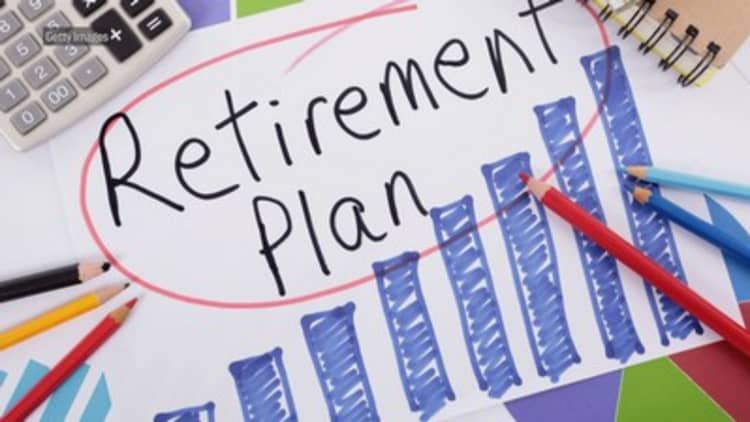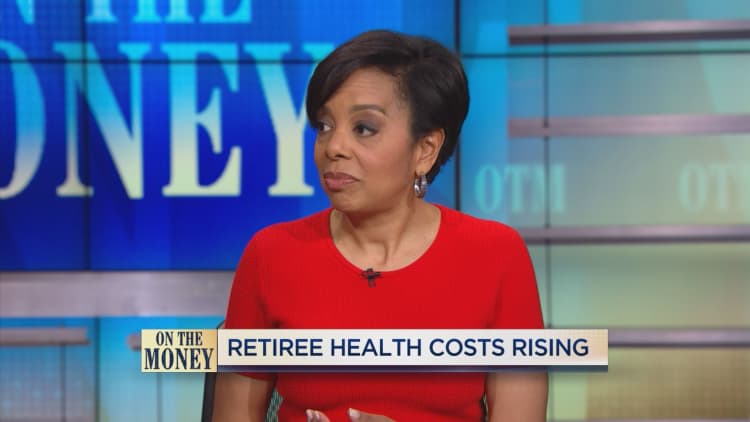
Nearly one in two Americans anticipate an uncomfortable retirement. Don't listen to them.
People are pessimistic about their financial future, but when their later decades finally roll around, well, they're not so bad, according to new findings from Gallup.
Before retirement, just half of Americans foresee a comfortable old age; after retirement, the share of people who report being comfortable swells to nearly 80 percent, the survey discovered.
"It looks like to us, once people retire, they're not so bad off financially," said Frank Newport, editor-in-chief of Gallup.
(Click on graphic to enlarge.)
Not surprising is how much money a retiree is bringing in greatly determines whether or not they're comfortable, Gallup found.
More than half of those who have an income of $30,000 a year or less say they're uncomfortable, compared with just 2 percent of retirees who make $75,000 or more.
To be sure, there are millions of Americans who are struggling in those golden years. One in five Americans in retirement report financial discomfort, Gallup found.
"That's disturbing," Newport said.
In addition, more older Americans are in debt. In 2016, the average debt in families in which the head of the household is age 75 or older was $36,757. That is up from $30,288 in 2010, according to the Employee Benefit Research Institute in Washington.
It's just that not as many people who expect to feel the pain actually will, Gallup reports.
Between 2002 and 2004, 54 percent of people aged 50 to 64 said they would have enough money to retire comfortably. Now, 16 years later, when Gallup interviewed roughly the same age cohort (when they were then aged 65 to 80), 77 percent percent said they were living comfortably in their retirement.
So what's causing this gap between people's perceptions of their fate and then what reality delivers them?
Most likely, the fear of the future Social Security coupled with the constant flurry of surveys and news stories declaring a retirement preparedness crisis, Newport said.
That response of fear is useful if not entirely founded, he said. Newport made an analogy: if you're afraid of having a heart attack, you might take more walks and chomp on more vegetables.
More from Investor Toolkit:
Too smart to get scammed? Think again
The world's 10 best-paid political leaders
Human advisors beat robo-advisors in these 4 ways
"It's not so bad if people are worried about retirement, because those attitudes may be an incentive for them to save and plan," he said.
Americans definition of "comfortable" might also rearrange with age, he added.
"When you're non-retired you may say, "I have to get that Porsche Cayenne my neighbor has,'" Newport said. "But when you're retired you just say 'To heck with it—I'll just drive my old Mercury.'"






